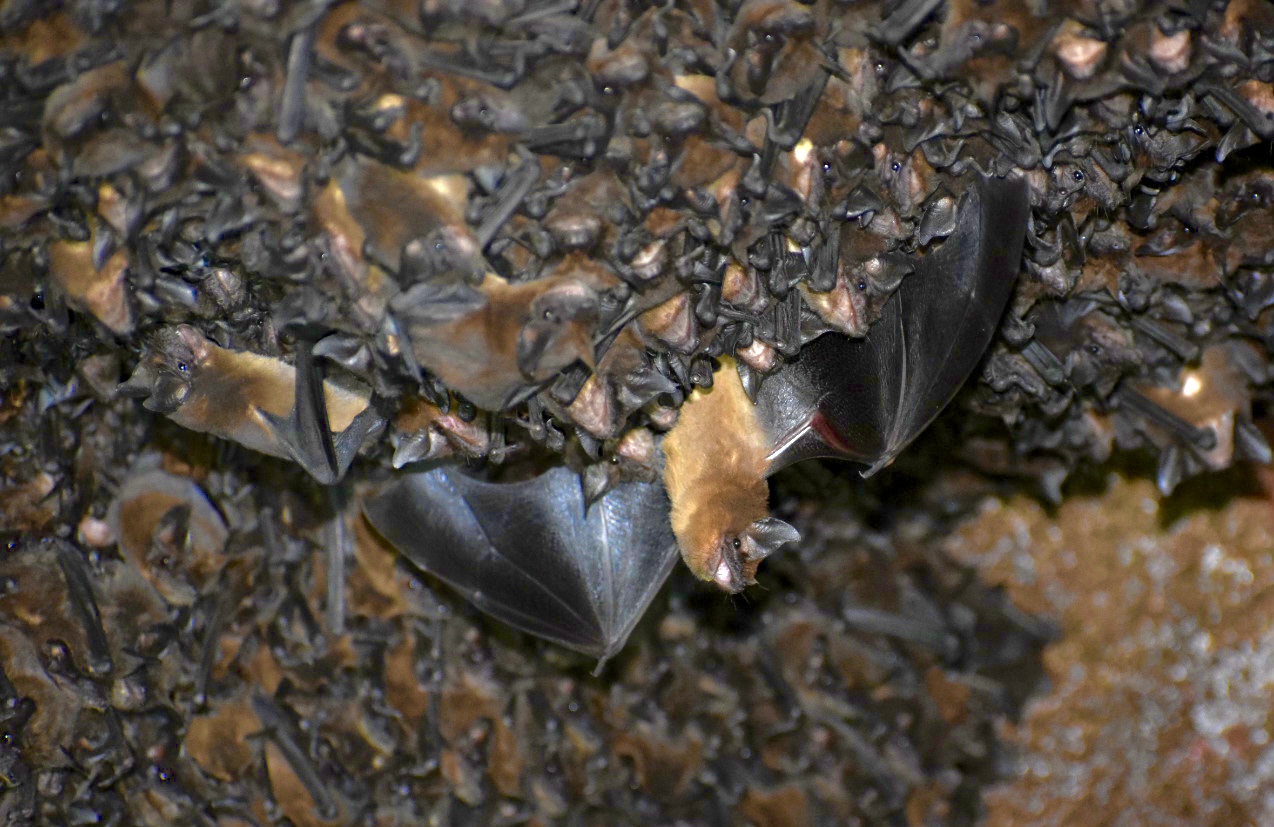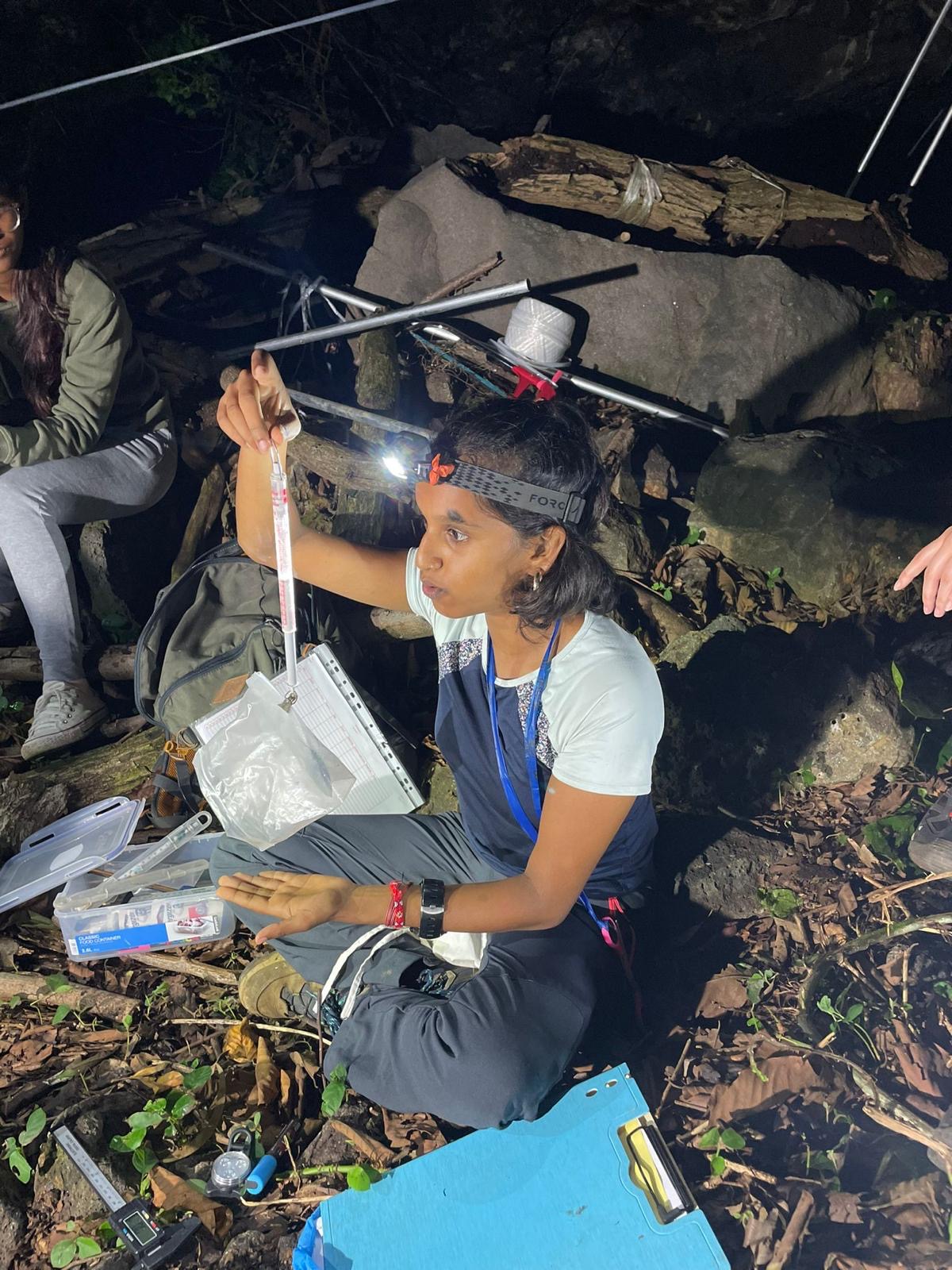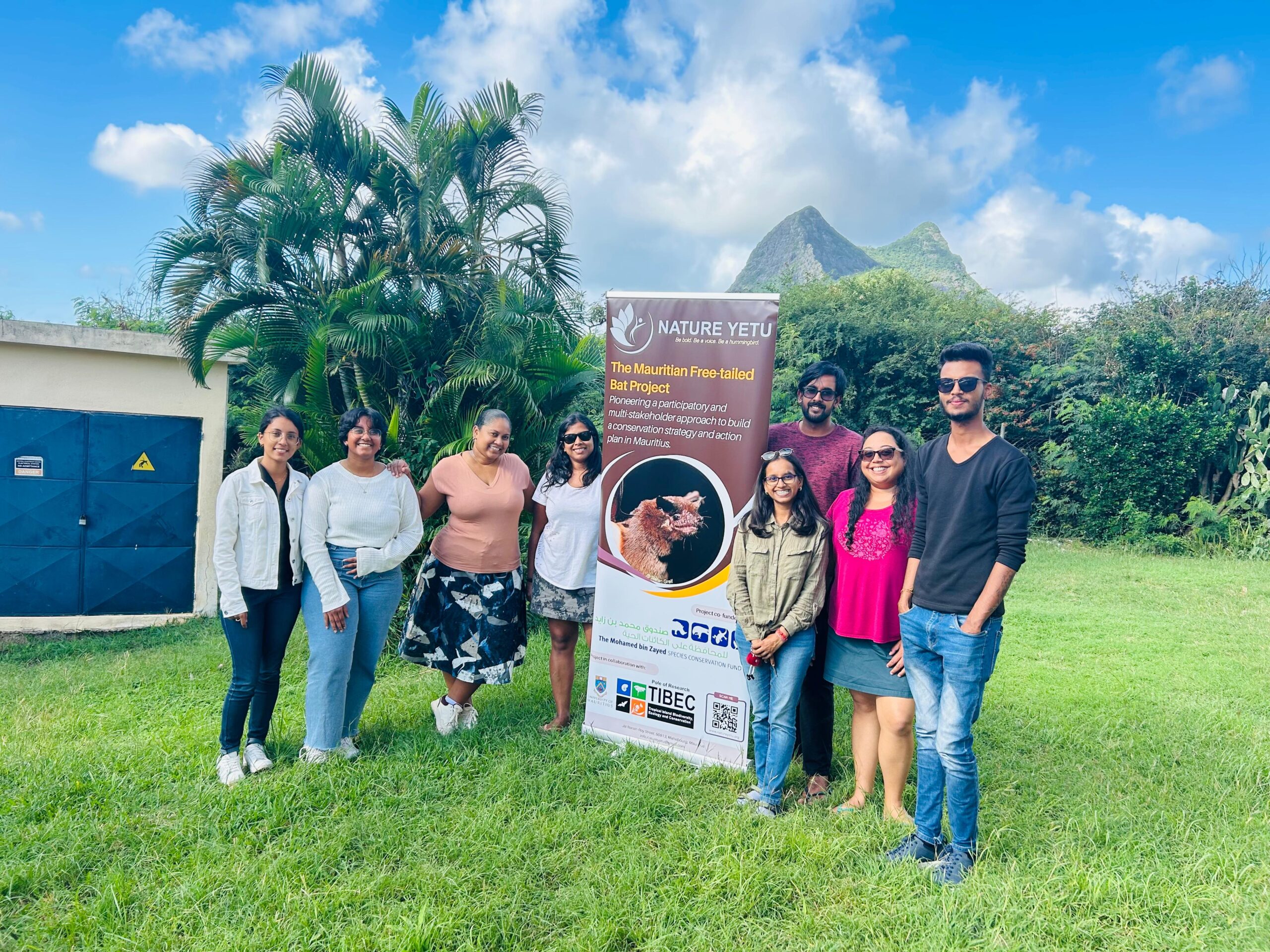Pioneering a participatory and multi-stakeholder approach to build an Endangered cave bat’s conservation strategy and action plan in Mauritius
Context
The Mauritian Free-tailed Bat (Mormopterus acetabulosus), an Endangered and understudied endemic species, faces severe threats, including habitat destruction and human disturbance. This project adopts a multi-stakeholder, participatory approach to develop a conservation strategy and action plan tailored to its survival starting with a pilot approach in Plaines des Roches.
This area boasts one of the island’s most extensive and ecologically significant cave networks in Mauritius. It supports one of the largest known colonies of Mormopterus acetabulosus, yet also has some of the most threatened caves. Protecting these critical roosting habitats is essential for the species’ long-term survival.


Objectives:
- To assess policy and regulatory frameworks for cave conservation.
- To build local capacity through training on socio-ecological systems and conservation planning.
- Documentation of the socio-economic and cultural interactions between Plaine des Roches communities and cave ecosystems.
- To investigate stakeholder perceptions of conservation actions for cave-roosting bats.
To develop an evidence-based action plan integrating ecological, social, and regulatory dimensions. - To disseminate findings through a high-impact scientific publication and a policy brief.
Activities
Socio-ecological research
Training
Co-construction of a collaborative conservation action plan
Knowledge dissemination



Donor

